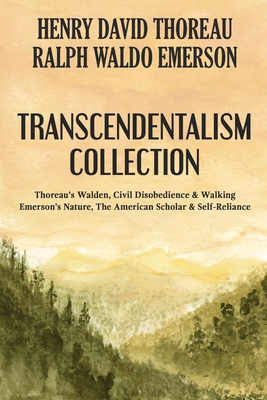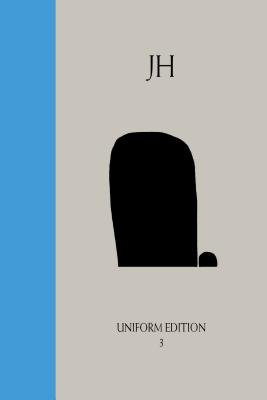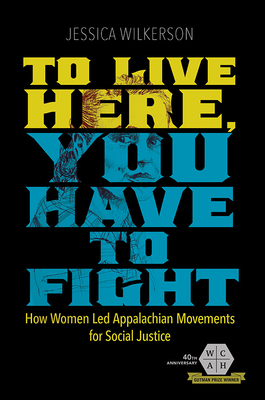
Thoreau, Henry David
Henry David Thoreau's masterwork, Walden, is a collection of his reflections on life and society.
Civil Disobedience is an essay in which he argues that individuals should not permit governments to overrule or atrophy their consciences, and that they have a duty to avoid allowing such acquiescence to enable the government to make them the agents of injustice.
Walking is a transcendental essay in which Thoreau talks about the importance of nature to mankind, and how people cannot survive without nature, physically, mentally, and spiritually, yet we seem to be spending more and more time entrenched by society.
Within Nature, Emerson divides nature into four usages-Commodity, Beauty, Language, and Discipline. These distinctions define the ways by which humans use nature for their basic needs, their desire for delight, their communication with one another, and their understanding of the world.
The American Scholar is a Speech, it was organized into four sections that detail the current issues with man and lays out the road to becoming an American scholar.
Self-Reliance contains the most thorough statement of one of his recurrent themes-the need for each person to avoid conformity and false consistency, and follow his or her own instincts and ideas. Emerson emphasizes the importance of individualism and its effect on a person's satisfaction in life, explaining how life is 'learning and forgetting and learning again'.







